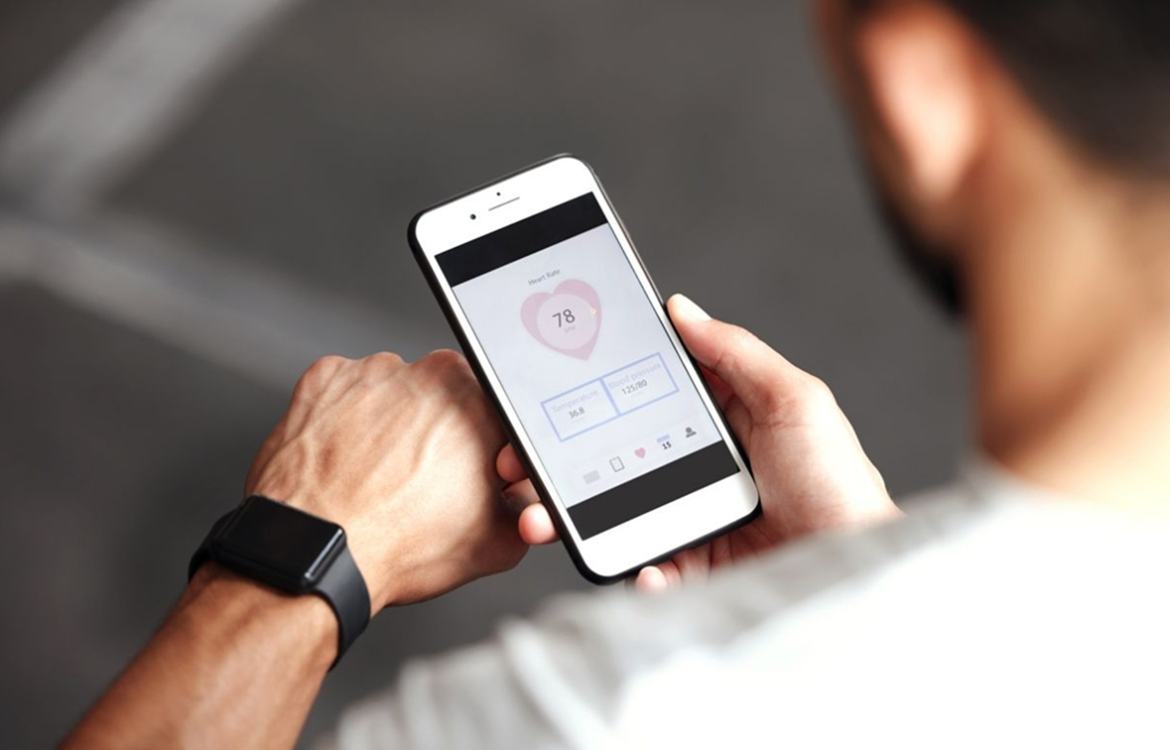Data Privacy and Security Concerns
With increased health data collection comes concerns about privacy, data security, and consent. UK regulators, including the Information Commissioner’s Office (ICO), enforce strict standards under GDPR to protect patient information.
Advertising
Users must be aware of how their data is used, shared, and stored. Manufacturers and healthcare providers must prioritise transparent policies and robust cybersecurity measures to maintain trust.
Challenges and Limitations
Despite exciting possibilities, health tracking technologies face hurdles:
-
Accuracy and Reliability: Consumer devices vary in precision; clinical-grade validation is crucial for medical decisions.
-
User Engagement: Sustained use depends on user motivation and ease of use, which can wane over time.
-
Digital Inequality: Access to advanced devices may be limited by socioeconomic factors, risking disparities in health benefits across UK populations.
-
Regulatory Oversight: Balancing innovation with safety requires evolving standards and approvals.
The Future: Integration, AI, and Personalised Medicine
The future of health tracking lies in integrating diverse data streams — from wearables, implants, genetics, and environmental sensors — to create holistic health profiles. Artificial intelligence (AI) and machine learning will analyse this data, providing personalised insights, early disease detection, and tailored treatment recommendations.
UK research institutions and startups are pioneering AI-driven health platforms, collaborating with the NHS to bring these innovations from lab to clinic.
Practical Tips for UK Consumers
-
Choose Devices that Meet Your Needs: Consider features, comfort, battery life, and compatibility with smartphones.
-
Understand Data Policies: Review privacy settings and terms of service.
-
Consult Healthcare Professionals: Use health tracking data as a complement, not a replacement, for medical advice.
-
Stay Updated: Follow UK health guidelines and technology reviews to make informed choices.
Conclusion
Health tracking technologies, from smartwatches to implantable devices, are reshaping the landscape of personal and public health in the UK. They empower individuals with knowledge, support clinicians in decision-making, and have the potential to transform healthcare delivery.
As technology advances, embracing these tools responsibly, addressing challenges, and ensuring equitable access will be key to unlocking their full promise — helping UK residents lead healthier, more informed lives in an increasingly connected world.

